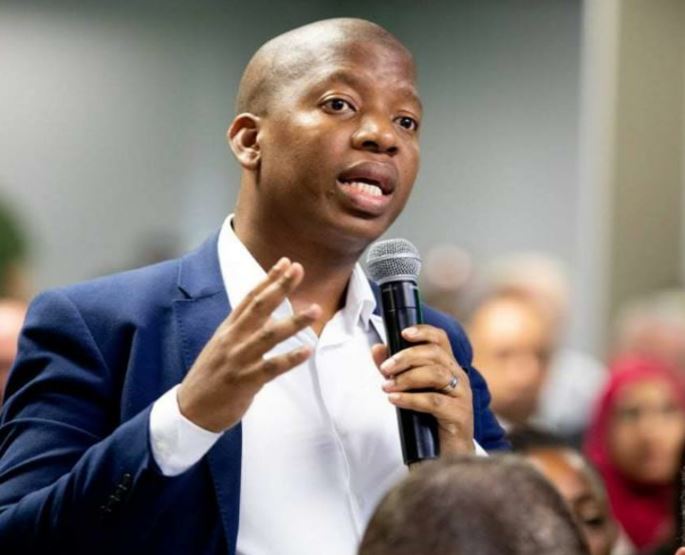By Peter Burdin
Could Africa emerge from the Pandemic as a key player in a new digital revolution?
Recent moves from the big tech corporations like Twitter’s decision to set up an African HQ in Ghana have created a new buzz around the continent’s role in the global digital and media market.
Africa already has a strong foundation of a rapidly growing young and digitally fluent population and the Covid 19 crisis has seen this potential and talent for innovative digital solutions come into its own. Entrepreneurial activity in Africa is already estimated at 13% higher than the global average, this will enable the continent to flourish amongst its global competitors.
We’ve already seen increased rates of broadband connectivity and mobile data traffic in the pandemic, and that has brought with it increased media consumption.
According to the International Telecommunications Union, a 10% increase in mobile broadband penetration in Africa would generate an increase of 2.5% in GDP per capita. This accelerating digital ecosystem is therefore particularly crucial as a multiplier of Africa’s post-Covid-19 recovery and future growth.
However, in order for this growth opportunity to be sustainable Africa needs to look towards becoming more interconnected and capable of generating its own digital content rather than relying on importing content from the rest of the world. A recent survey suggested that some 85% of news stories about Africa were generated from outside the continent – that needs to change if Africa is going to benefit from this digital revolution.
Just as Covid-19 has taught us that Africa can’t rely on foreign providers like China, Europe and America for its vaccines and PPE supplies to combat the crisis, it’s also brought about the stark realisation that Africans can’t rely on the outside world to tell its stories but it must generate its own media content from within the continent.
The newly launched MediaCity Mauritius project (MCM) is a prime example of a new initiative designed to address these needs. It is also a good example of digital acceleration in action.
MCM will be a hub for the digital and creative industries. It’s supported by the Mauritian government and the Mauritius Economic Development Board and aims to bridge the digital skills, infrastructure and information gap for key industry players looking to establish a presence on, and invest in, the continent.
From its Hub Newsrooms in Mauritius MCM will create a one-stop-shop for Africa’s creative industries which will support promising regional SME ventures to grow globally.
New media providers will be able to write a new editorial narrative for Africa, bringing together established media outlets seeking a secure base to operate from with a university campus and school where young digital media students can learn the latest techniques of story-telling and pan-African newsgathering.
The pandemic has already been a catalyst for the acceleration of digital transformation in the region. Now is the time to tap into that digital growth and disseminate the news of this new Africa which is emerging from the crisis.
We all have stories to tell of how Covid-19 has brought Innovation across Africa, from the use of drones to deliver medicines to the use of AI robots to support African nurses on our hospitals. All too often these are stories of African successes and solutions that the world never gets to hear about. Now the stories of African enterprise can reach new audiences through the rise of digital communications.
We’ve also seen how the use of online and mobile banking tools has risen by 30% these past 15 months, in tandem we’re seeing similar growth in digital media consumption. The so-called “digital divide” between rich and poor is still a reality but there’s little doubt that addressing the divide exacerbated by the pandemic has also created a sense of urgency to bridge it through greater access to technology.
The prize is enormous. Digital transformation sits at the heart of the African Union’s “build back better” recovery alongside projects for infrastructure development and industrialisation. By supporting the growing digital economy Africa will create opportunities for increased productivity, entrepreneurship, innovation and job creation, all of which will aid an inclusive, sustainable recovery.
The pandemic has given us a harsh lesson that the world is interconnected and stands or falls together. It’s important that we integrate Africa into this connected globalised digital and media landscape.
To do that we must develop new platforms and professional training schemes like Mediacity Mauritius to hasten this, to help create a prosperous digital future for Africa and to show the world what Africa has to offer.


